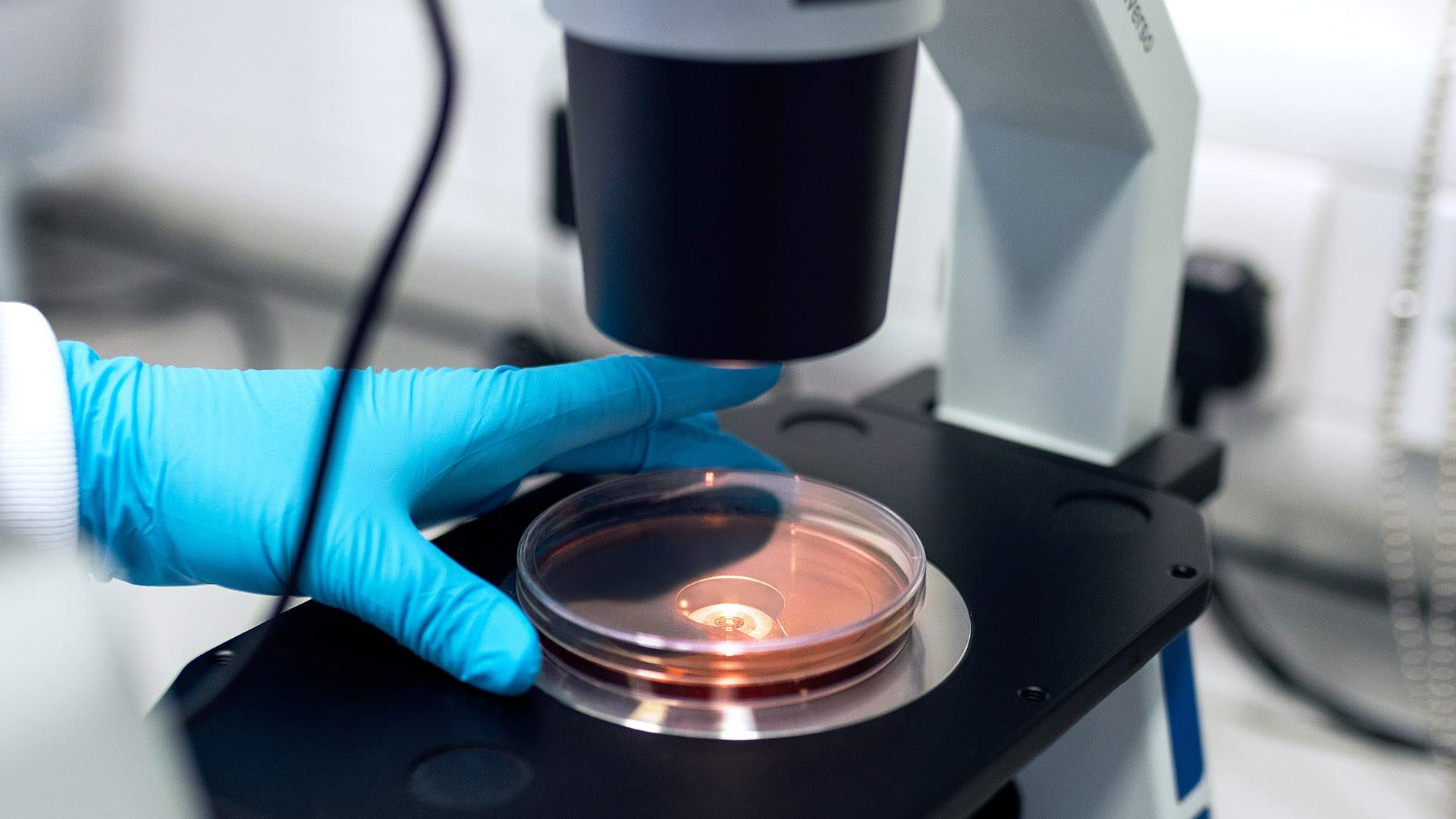Miniature Human Livers Grown from Stem Cells
Science is one step closer to coping with organ shortages.
Making progress in the field of stem cell-inspired organ production is notoriously difficult. So, recent developments at Yokohama City University, Japan, which have seen baby human livers growing inside mice, have taken the scientific world by storm. As far as we know (after all, who knows what's going on in underground labs in the more obscure corners of the world?), this is the first time that stem cells have been used to create functional organs.
The livers, 4-5mm in length (a little like those found in human foetuses), are able to generate human proteins, clear toxins from the blood and go through the processes necessary to metabolising drugs. At this stage, it looks like they could be used to mend damaged livers by up to 30%. The team behind the research is hopeful that the transplant of thousands of tiny 'liver buds' might prove to be a way of preventing liver failure.
Professor Takanori Takebe told the BBC that he was 'completely gobsmacked' and 'absolutely surprised' by the breakthrough. 'We just simply mixed three cell types and found that they unexpectedly self-organise to form a three-dimensional liver bud - this is a rudimentary liver. And finally we proved that liver bud transplantation could offer therapeutic potential against liver failure'.
Even though the growth of adult-sized organs is not yet on the horizon, this development certainly promises to bring us a step closer to coping with organ shortages.
If your scientific jargon is up to speed (i.e. words like 'endothelial' and 'mesenchymal' mean something to you), you can read the official story here.
[via PSFK]





